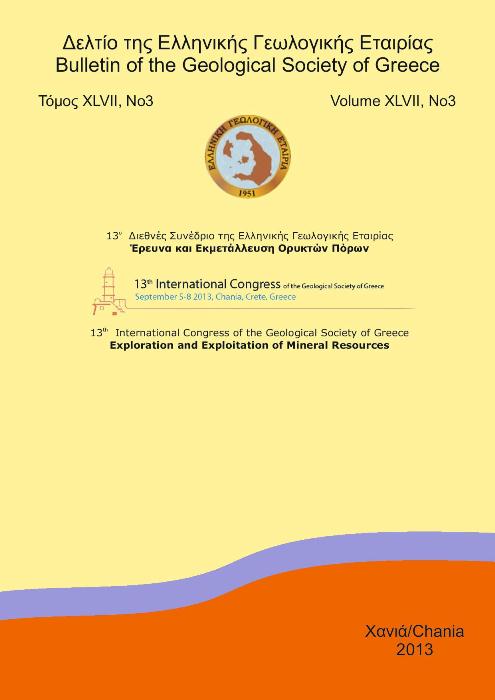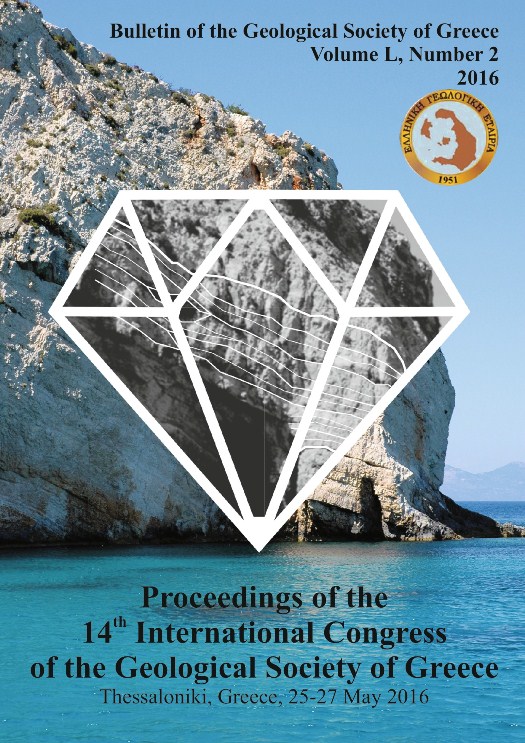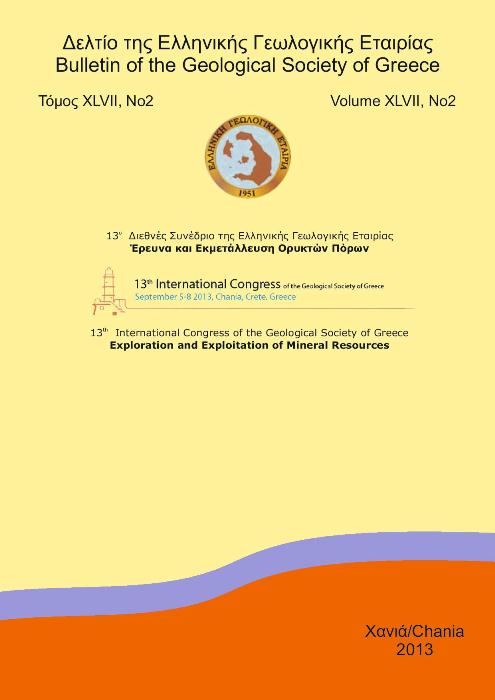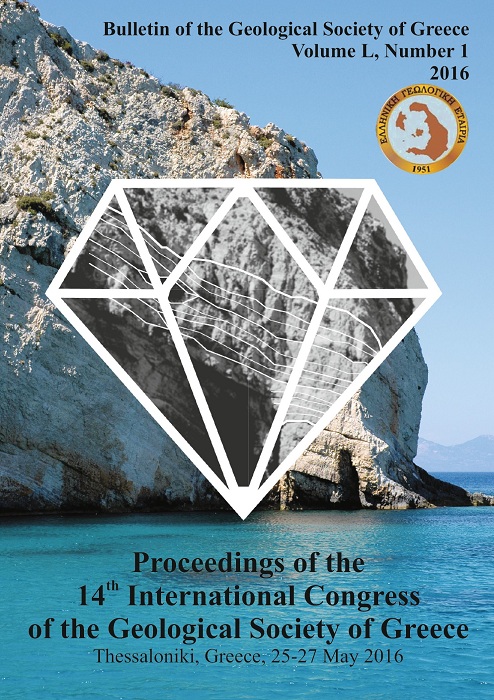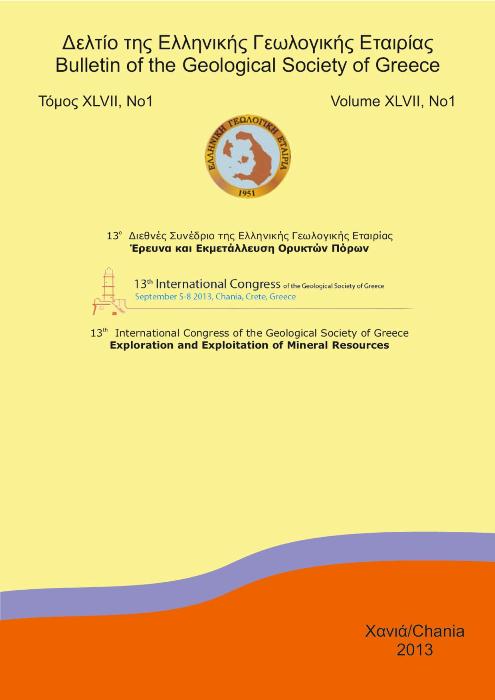Influence of geological and geotechnical conditions to design a water reservoir in karst area
Résumé
The design of a water reservoir in a site underlain by karstified carbonate rocks, encounters many difficulties mainly due to unpredictable location, dimensions and geometry of the karst structure and voids.
The objective of this work is to present part of the investigation work that was carried out in Omalos plateau (W. Crete) where a water reservoir is going to be constructed.
The survey was based on geological mapping, geophysical exploration, boreholes drilling, sampling and laboratory testing for the geotechnical parameters determination.
The soil thickness that is required to provide stability against soil collapse into voids and the subsequent formation of sinkholes was estimated.
The evaluations represent a useful decision-support tool in the management of the investigation results for the design purposes of the water reservoir in Omalos plateau.
Article Details
- Comment citer
-
Steiakakis, E., Vafidis, A., Manoutsoglou, E., & Vavadakis, D. (2013). Influence of geological and geotechnical conditions to design a water reservoir in karst area. Bulletin of the Geological Society of Greece, 47(4), 1892–1900. https://doi.org/10.12681/bgsg.10918
- Rubrique
- Engineering Geology and Geotechnical Engineering

Ce travail est disponible sous licence Creative Commons Attribution - Pas d’Utilisation Commerciale 4.0 International.
Authors who publish with this journal agree to the following terms:
Authors retain copyright and grant the journal right of first publication with the work simultaneously licensed under a Creative Commons Attribution Non-Commercial License that allows others to share the work with an acknowledgement of the work's authorship and initial publication in this journal.
Authors are able to enter into separate, additional contractual arrangements for the non-exclusive distribution of the journal's published version of the work (e.g. post it to an institutional repository or publish it in a book), with an acknowledgement of its initial publication in this journal. Authors are permitted and encouraged to post their work online (preferably in institutional repositories or on their website) prior to and during the submission process, as it can lead to productive exchanges, as well as earlier and greater citation of published work.




